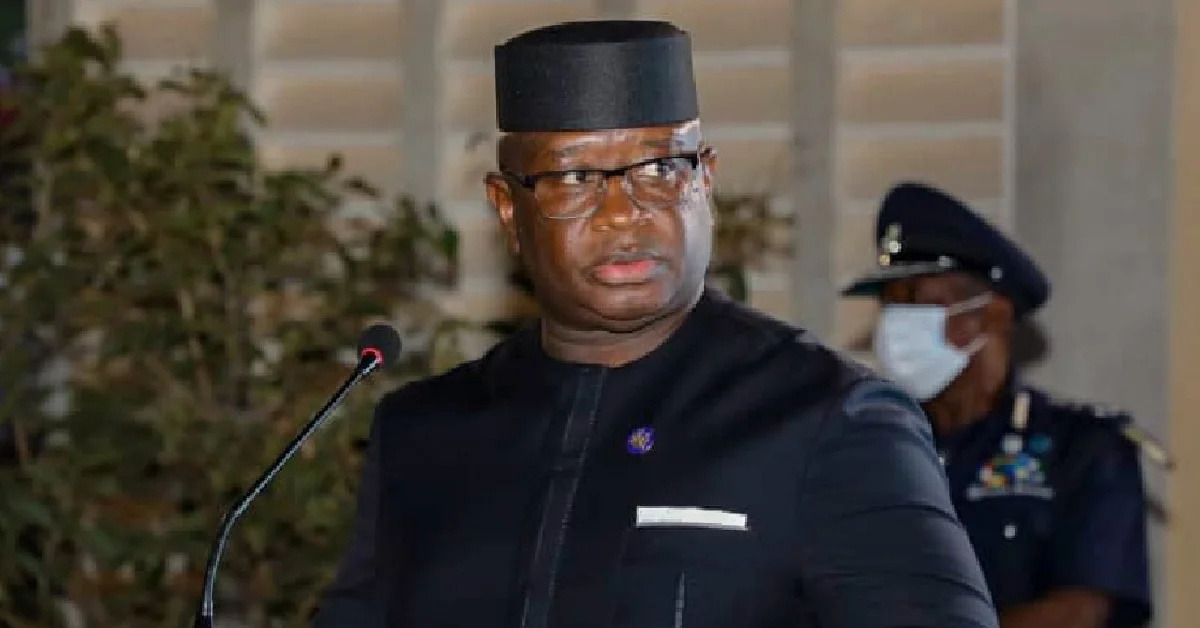By Hassan Osman Kargbo
President Julius Maada Bio addressed the 48th Governing Council of the International Fund for Agricultural Development (IFAD) in Italy, emphasizing the need for increased investment in rural farming, which he termed the “first mile” of agricultural development. His speech underscored the importance of supporting smallholder farmers, who form the backbone of food production in Sierra Leone and across the globe.
The IFAD Governing Council, the primary decision-making body of the organization comprising all member states, focused this year on mobilizing investment in rural areas to address challenges faced by farmers in developing nations. President Bio’s address drew attention to the persistent difficulties that small-scale farmers encounter, including climate change, natural disasters, financial exclusion, and infrastructural deficits.
During his speech, President Bio challenged the traditional perspective of agricultural supply chains, arguing that what is often called the “last mile” should instead be recognized as the “first mile.” According to him, rural farmers are at the forefront of food production and require robust investment to increase productivity and secure global food supplies.
He highlighted that smallholder farmers in Sierra Leone—who constitute nearly 90% of the farming population—face considerable obstacles, including limited financial access, inadequate infrastructure, and insufficient knowledge and technological integration. These challenges, he stated, contribute to economic marginalization and food insecurity.
To address these issues, President Bio stressed the importance of public-private partnerships. He called for stronger collaboration between governments, non-governmental organizations (NGOs), and private sector entities to mobilize resources, mitigate financial risks, and develop infrastructure that supports smallholder farmers.
He emphasized that such partnerships are essential for ensuring financial accessibility, improving market linkages, and facilitating the integration of modern agricultural technologies.
President Bio elaborated on ongoing efforts within the program, which include investment in sustainable farming practices, expansion of rural infrastructure, and facilitation of access to finance for smallholder farmers. He expressed optimism that the program would serve as a model for other developing nations striving for agricultural self-sufficiency.
In addition to his address, President Bio held a bilateral meeting with IFAD President Alvaro Lario. Their discussions centered on strategies to advance the “Feed Salone” initiative, with a shared commitment to scaling up investment and technical support for small-scale farmers in Sierra Leone.
President Bio’s participation at the IFAD summit underscores Sierra Leone’s dedication to strengthening its agricultural sector and enhancing rural livelihoods. His call for increased investment in the “first mile” of food production reflects a broader global movement toward sustainable agricultural development. As Sierra Leone continues its journey toward self-sufficiency, the success of initiatives like “Feed Salone” will be crucial in transforming the country’s food systems and boosting economic growth.













